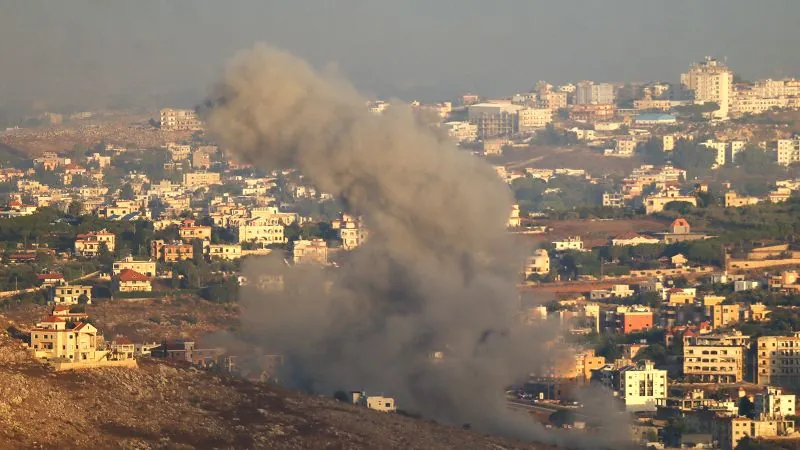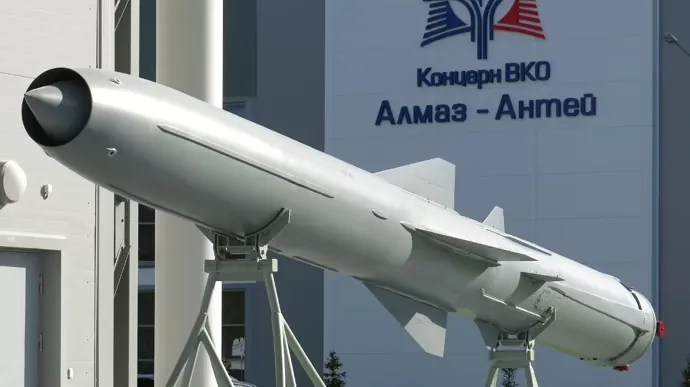
The Escalating Crisis: Why Israel Targets Hezbollah in Lebanon
2024-09-25
The intensifying airstrikes by Israel across Lebanon mark a catastrophic turning point in the ongoing conflict, reminiscent of the 2006 war. On a day that has turned deadly for Lebanese citizens, reports indicate that over 500 people have lost their lives—among them women and children—with more than 1,800 others wounded. The bombardments have forced a mass exodus as residents scramble for safety.
Israeli Prime Minister Benjamin Netanyahu has stated that the military operations are aimed at altering the "balance of power" with Hezbollah, targeting around 1,600 of their strategic assets on Monday alone. The attacks continued into Tuesday, and Israel has yet to rule out a potential ground invasion, signaling a dramatic escalation in hostilities.
In a significant turn of events, Hezbollah announced the death of senior commander Ibrahim Qubaisi in an airstrike within the Hezbollah-controlled southern suburbs of Beirut. Such targeted operations are indicative of Israel's intention to dismantle Hezbollah's military capabilities, which they claim include cruise missiles and rockets that pose a threat to Israeli borders.
As tensions flared, several nations expressed alarm over the potential for an expanded regional conflict and emphasized the need for urgent de-escalation. Despite the horrific toll and widespread destruction, neither Israel nor Hezbollah officially refer to the situation as a war, although the fierce exchanges of fire suggest otherwise.
What Sparked This Sudden Surge in Violence?
The latest hostilities have their roots in a broader regional dynamic influenced by the ongoing war in Gaza that erupted after Hamas's attack on Israel on October 7. Hezbollah is part of a coalition supporting Iran’s regional ambitions, and they have ramped up attacks on Israel in tandem with the conflict in Gaza. The Lebanese group has vowed to continue strikes against Israeli forces as long as the violence persists in Gaza.
Recent weeks have seen unprecedented intensity in confrontations between Israeli forces and Hezbollah militants. Notably, a coordinated attack by Israel on Hezbollah’s communication apparatus crippled their operational capabilities. The resulting Israeli airstrike on a densely populated area in Beirut has raised significant humanitarian concerns, as civilians become increasingly embroiled in these military operations.
The Detrimental Impact on Civilians
While Israel claims its strikes target Hezbollah infrastructure, the collateral damage has been staggering, with the Lebanese health ministry citing deaths and major injuries amongst civilians, including a reported 50 children. The scale of devastation in urban areas reflects a grim reality, as families attempt to flee their homes, many having little warning of the impending bombings.
Authorities have described the movement of people as an "exodus," with NGOs estimating that over 100,000 are now displaced due to the violence. Shelters have been repurposed from schools as society grapples with the fallout of the strikes. Meanwhile, the Israeli government is simultaneously grappling with threats on its northern borders as Hezbollah retaliates with rocket fire into Israel.
Are We Witnessing a War?
The exchange of fire raises questions about whether the situation can officially be categorized as a war. Military authorities in Israel are preparing for possible escalations and have indicated a resolve to act decisively against Hezbollah's capabilities. Nonetheless, Netanyahu has framed the conflict not as a war against the Lebanese people but strictly against Hezbollah.
Amidst these rising tensions, Iran has warned Israel about the "dangerous consequences" of their attacks and urged for regional stability. With international leaders expressing concern, there are renewed calls for diplomacy aimed at preventing the conflict from spiraling out of control further.
On the diplomatic front, Qatar has warned that the region is on the "brink of the abyss," while France has sought an emergency meeting of the UN Security Council. The United States, despite its alliance with Israel, is exploring avenues for a diplomatic resolution, trying to avoid a full-scale war while recognizing the potential escalation involving Iran.
Conclusion
As hostilities continue, the humanitarian crisis deepens. The fallout from the airstrikes is palpable, affecting thousands of lives and threatening to engulf the region in a broader conflict. As both sides brace for the next phases of this confrontation, the international community watches closely, hoping for de-escalation amidst the chaos.

 Brasil (PT)
Brasil (PT)
 Canada (EN)
Canada (EN)
 Chile (ES)
Chile (ES)
 España (ES)
España (ES)
 France (FR)
France (FR)
 Hong Kong (EN)
Hong Kong (EN)
 Italia (IT)
Italia (IT)
 日本 (JA)
日本 (JA)
 Magyarország (HU)
Magyarország (HU)
 Norge (NO)
Norge (NO)
 Polska (PL)
Polska (PL)
 Schweiz (DE)
Schweiz (DE)
 Singapore (EN)
Singapore (EN)
 Sverige (SV)
Sverige (SV)
 Suomi (FI)
Suomi (FI)
 Türkiye (TR)
Türkiye (TR)